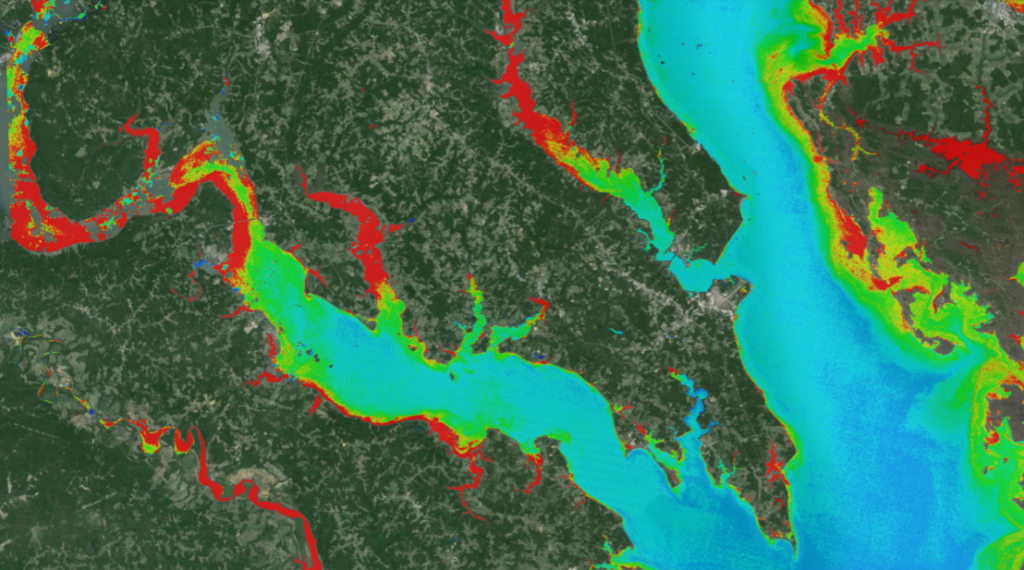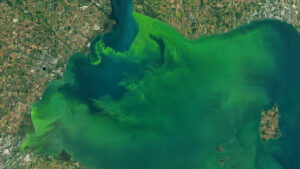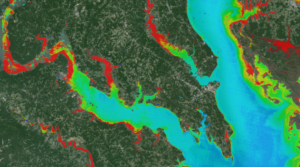To view the RFI, go to www.fedconnect.net,
click on “Search Public Opportunities Only”,
then choose search by “Reference Number”,
enter G17PS00634.
Click on right side of the screen to view RFI document.
Extended deadline is now 08/04/2017 11am EDT.
Thank you for your input.
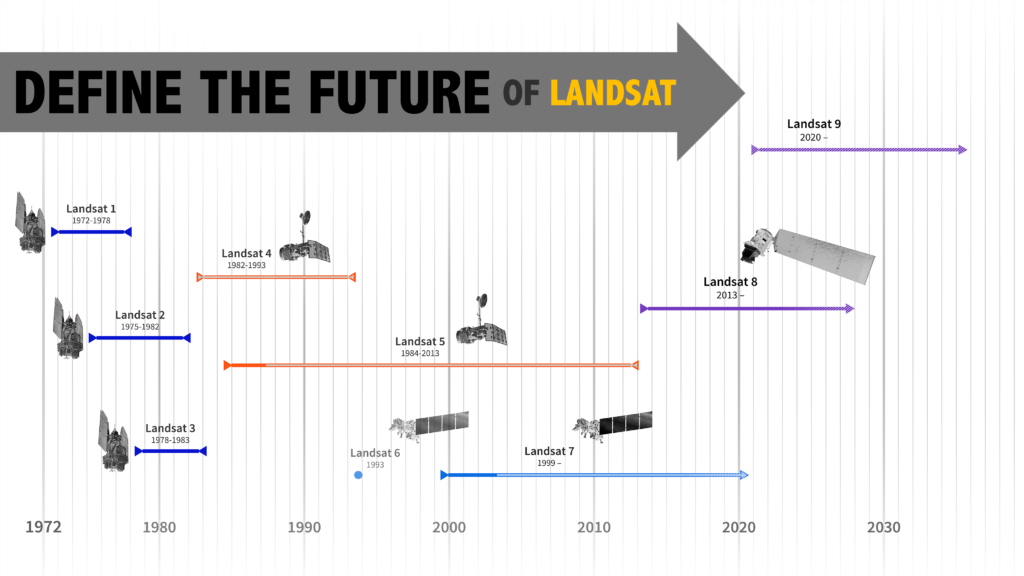
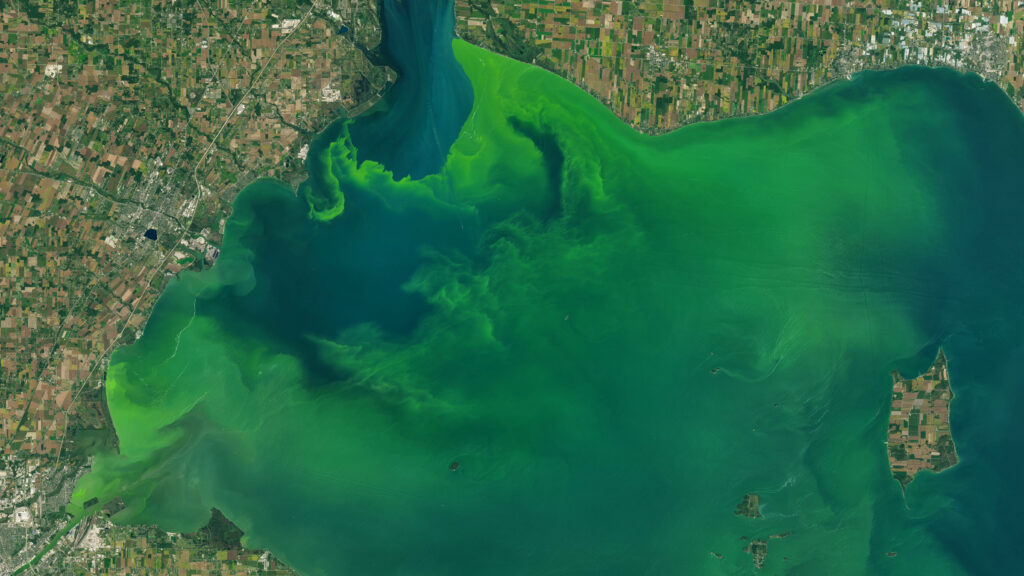
Be Part of What’s Next: Emerging Applications of Landsat at AGU24
Anyone making innovative use of Landsat data to meet societal needs today and during coming decades is encouraged to submit and abstract for the upcoming “Emerging Science Applications of Landsat” session at AGU24.

